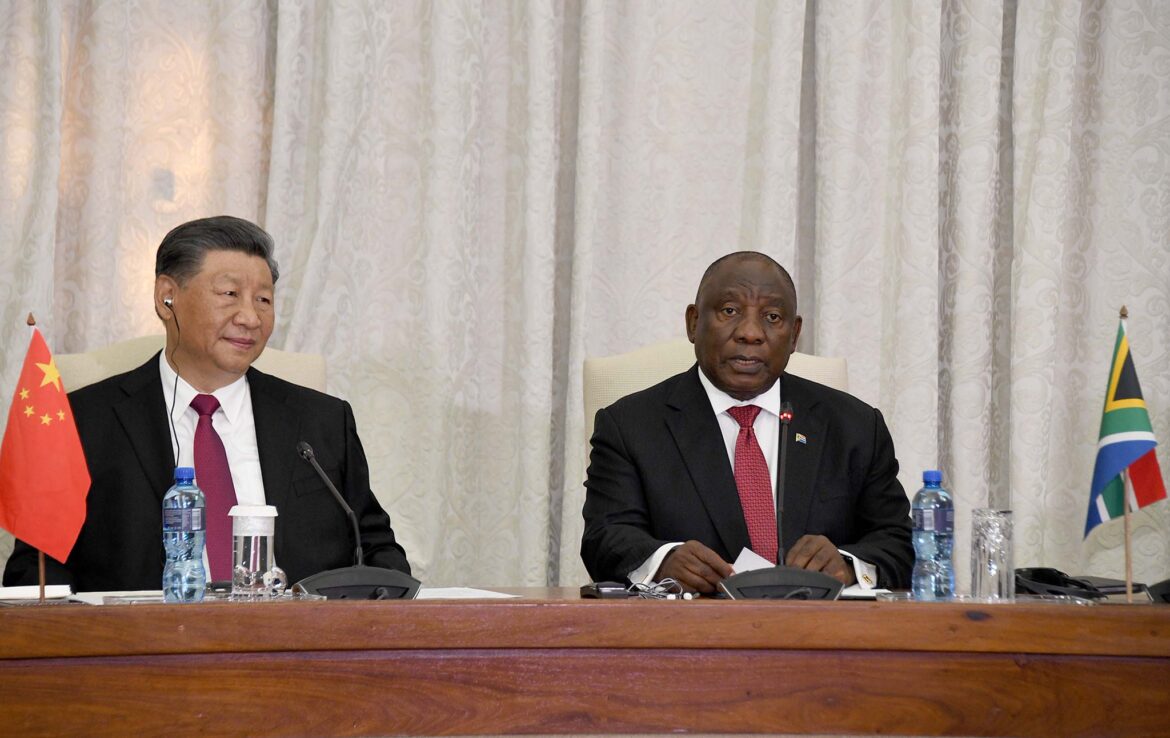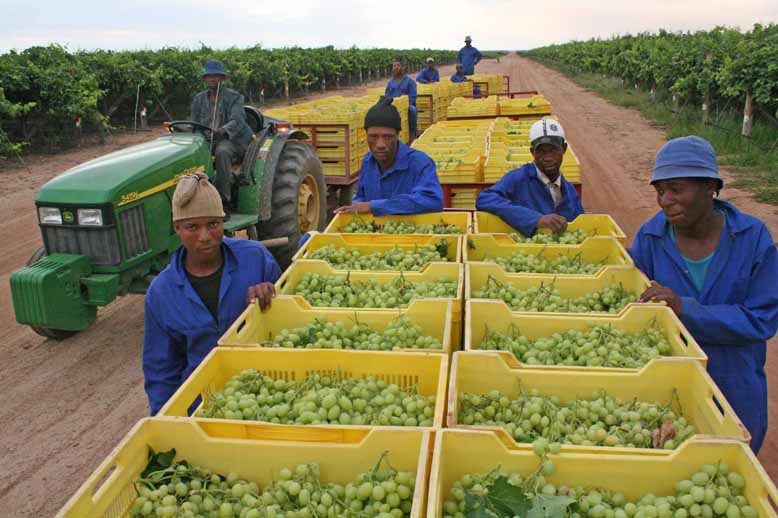
South Africa, long regarded as the continent’s most advanced economy, is moving decisively to counter the fallout from Washington’s latest tariff measures by turning to Beijing for new trade opportunities.
- South Africa is seeking new trade opportunities in China following recent US tariffs.
- A preliminary trade agreement with China focuses on the export of five types of stone fruit.
- This development signifies a strategic shift by South Africa to diversify its trade partnerships.
The shift follows the United States’ imposition of a 30% tariff on South African goods—a blow that has heightened the urgency for Pretoria to diversify its export destinations.
Agriculture Minister, John Steenhuisen revealed this week that a new trade deal with China is close to completion, offering South Africa a valuable lifeline at a time of mounting trade tensions with its biggest Western partner.
The agreement, which will initially cover the export of five varieties of stone fruit, is expected to open a lucrative channel into the Chinese market, one of the fastest-growing consumer bases in the world.
The talks were facilitated during Steenhuisen’s recent visit to Beijing alongside Deputy President Paul Mashatile.
Speaking on his X page, Steenhuisen said, “I can today share that after the last visit that I attended with the Deputy President in China, and our visit as the Agriculture Minister to the GACC, we were given the protocol for stone fruit.”
He added that, “The deal includes five types of stone fruit, which include plums, peaches, nectarines, apricots, and prunes—paving the way for stone fruit from South Africa to China.”
By securing access to China’s vast agricultural import market, the government aims not only to cushion the impact of US tariffs but also to strengthen South Africa’s foothold in Asia’s broader economic sphere.

South Africa’s pivot from the US amid Trump’s tariff war
This development marks a significant moment in South Africa’s ongoing efforts to recalibrate its trade alliances, balancing long-standing relationships with the West against the rising economic pull of the East.
For decades, Pretoria maintained strong commercial ties with the United States, leveraging preferential access through agreements such as AGOA to bolster its exports.
However, President Donald Trump’s decision to impose sweeping 30% tariffs on South African goods has accelerated the country’s search for alternative markets, pushing it to engage more deeply with emerging economic powerhouses.
South Africa’s temperate climate and fertile valleys make it a major supplier of counter-seasonal fruit to the Northern Hemisphere.
As the world’s second-largest citrus exporter after Spain, South Africa also ships large volumes of apples, pears, grapes, and growing amounts of stonefruit, avocados, and blueberries. In 2024, fresh fruit exports rose 2.1% to 4.2mn tonnes, continuing a decade-long growth trend of 3.7% annually.
By edging closer to a comprehensive trade agreement with China, South Africa is positioning itself to tap into one of the world’s largest and fastest-growing consumer markets.
The draft protocol, which initially covers the export of five varieties of stone fruit, could serve as a springboard for broader agricultural and industrial trade, potentially expanding into minerals, manufactured goods, and value-added products.
This would not only cushion the blow from the US tariffs but also diversify Pretoria’s revenue streams, reducing its vulnerability to unilateral trade actions from any single partner.












